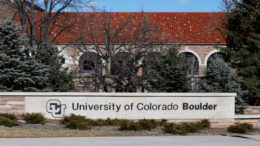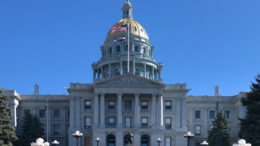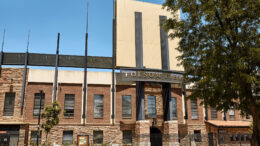Amicus brief: Court of Appeals ruling in Daily Camera lawsuit ‘deprives the public of meaningful oversight’ of government chief executive hiring
A Colorado Court of Appeals ruling in the Boulder Daily Camera’s lawsuit against the University of Colorado regents sets “a dangerous precedent that deprives the public of any meaningful oversight and input into the selection process of a public body’s chief executive,” says a friend-of-the-court brief filed by the Colorado Freedom of Information Coalition and 12 other organizations.







